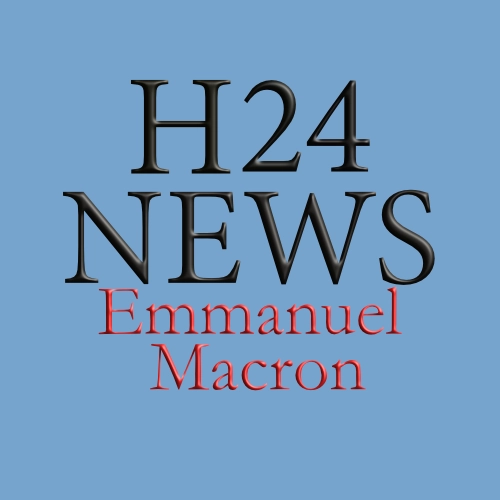Michel Barnier’s Government Faces an Imminent Threat of Collapse
The budget debate drags on between Matignon and the opposition, as the prospect of invoking Article 49.3 looms, paving the way for a vote of no confidence and a possible government downfall as early as the week of December 2.
A Budget Under High Pressure
The budget debate, marked by persistent deadlocks, underscores the lack of a stable majority in the National Assembly. Prime Minister Michel Barnier confirmed on TF1 on Tuesday, November 26, his intention to invoke Article 49.3 of the Constitution to pass the 2025 Social Security Financing Bill (PLFSS) in the absence of sufficient parliamentary support. While constitutional, this procedure would automatically trigger a vote of no confidence, which could be held as early as December 4.
The PLFSS 2025 is just one of three budget components under discussion, alongside the Finance Bill (PLF) and the End-of-Year Finance Adjustment Bill (PLFG). While the Senate, where the government has a majority, adopted the PLFSS on Tuesday, a joint parliamentary committee (CMP) is now working to reach a compromise for a vote scheduled on December 2 in the National Assembly. However, if no agreement is reached or Article 49.3 is invoked, a vote of no confidence would become inevitable.
An Elusive Majority and a Determined Opposition: A Kind of “Whatever It Takes” Approach
The opposition is not hiding its intentions. La France Insoumise (LFI), with its 71 deputies, has already announced it will file a motion of no confidence if Article 49.3 is used. An alliance with other forces, such as the Rassemblement National (RN), which has 124 seats, remains uncertain but could prove devastating for the government. If the 192 deputies of the New Popular Front (NFP) and RN deputies unite, they could reach the 289 votes needed to topple the government.
The Republicans (LR), traditionally more moderate, are also divided. “The RN is ready to back a motion of no confidence and is under pressure from its voters,” a Republican deputy told Franceinfo. As for the Socialists, they appear resolute: “We will vote for the motion of no confidence because the parliamentary debate has been a farce, and we reject the current budgetary direction,” stated Emmanuel Grégoire, Socialist deputy.
A Calendar Fraught With Challenges
Beyond the PLFSS, political tensions are set to escalate. The PLFG, to be debated on December 4, is likely to involve another use of Article 49.3, followed by another motion of no confidence, possibly voted on December 6. The PLF 2025 will follow, with a similar scenario expected around December 20.
This accumulation of no-confidence votes reflects a toxic political climate. Some observers argue that “the diversity of votes and represented policies makes the country almost ungovernable.” The successive departures of prominent political figures, the absence of strong leadership, and the fragmentation of parliamentary forces reinforce this perception.
An Uncertain Political Future
While Michel Barnier continues to emphasize his government’s “forward-looking project,” the parliamentary deadlock seems to expose a lack of coherence and vision. The question remains: Can the government withstand opposition forces resolved to unite, even temporarily, to bring it down?
Whatever the outcome of the budget debates, it is clear that France’s political stability is being tested, and that managing the upcoming economic and social challenges will be particularly arduous.





